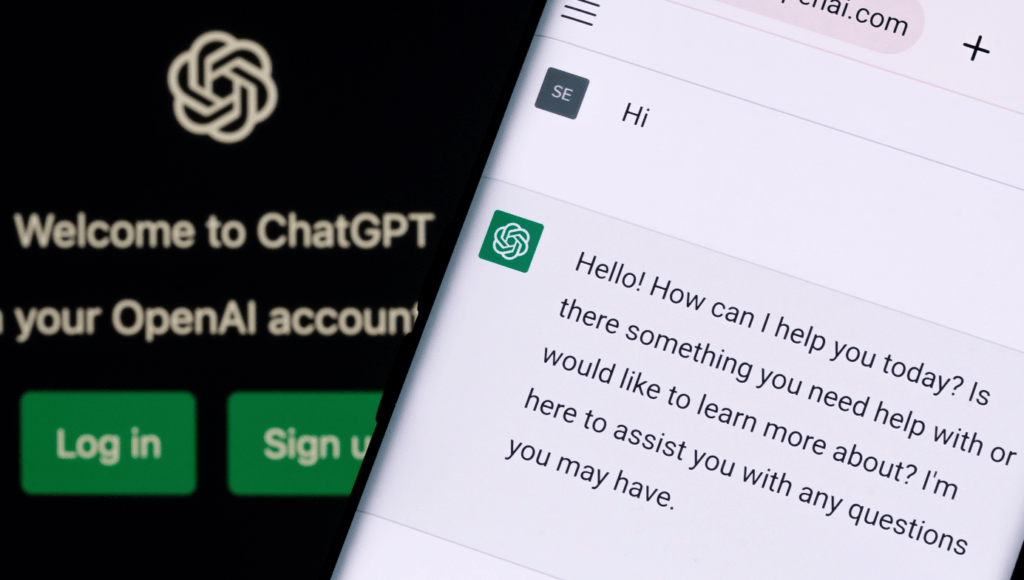OLxD Learning – Learning Design Now and Into the Future Using ChatGPT

The second OLXD Learning for 2023 explored the season’s buzzword: chatGPT. The session titled “Learning Design Now and Into the Future Using ChatGPT” was an hour-long exploration of the potential of ChatGPT for Learning & Development professionals. The session was hosted by Ademola Johnson, founder of OLXD Learning, and facilitated by Nathan Oliver, Head of Learning, Africa People Advisory Group.
One of the day’s highlights was the introduction of the ADDIE to the beginners in the room. While Oliver briefly mentioned the multitude of instructional design models available to create learning programmes, he laid more emphasis on the ADDIE model. He gave a simplified overview of the ADDIE process with relatable examples highlighting its benefits while acknowledging its limitations in responding to rapid changes.
Specifically, the ADDIE model can help L&D designers achieve their goals by providing a deliberate structure and framework for learning interventions. However, it lacks flexibility and the ability to function holistically in certain situations. A quick solution to this was for L&D practitioners to explore the possibilities of tackling these shortcomings with design thinking principles to solve business problems using learning.
Moving on to ChatGPT by OpenAI, the AI tool of the day, Oliver justified the fuss around the tool and why thousands of people worldwide are using it. However, he noted that, as a large language model, its information is pulled from all over the internet. So, while it can be used for designing learning programmes, its outputs can be generic. Oliver, however, asserts that ChatGPT can be a starting point for learning practitioners to get their creative juices flowing when designing learning programmes. The bottom line for practitioners was to use ChatGPT to automate and research heavy and time-consuming tasks.
In practice, he used the ADDIE ISD model to develop a dummy Senior Leadership Executive Development Programme using ChatGPT. Oliver went further to give some tips and tricks on how to provide the appropriate prompts and context for ChapGPT to produce more specific results. All OLXD sessions are engaging, and this was no exception, particularly with the conversation centered around the all-knowing, all-seeing ChatGPT. You can watch the session here.
In conclusion, the session was insightful and thought-provoking. Attendees were equipped with knowledge on how to use ChatGPT as a tool to support their work in creating impactful learning programs while remaining aware of its limitations.
With more exciting sessions planned for OLXD Learning, we look forward to a year full of learning and innovation.
If you attended this session? What was your key takeaway?
ChatGPT contributed to the creation of this write-up.
